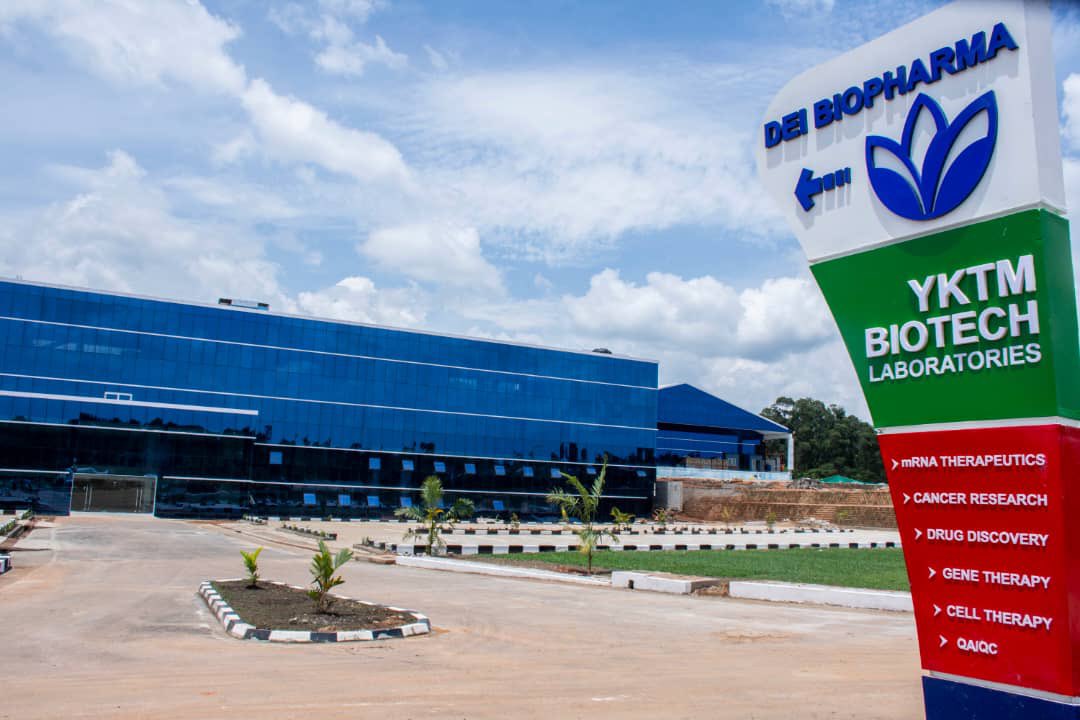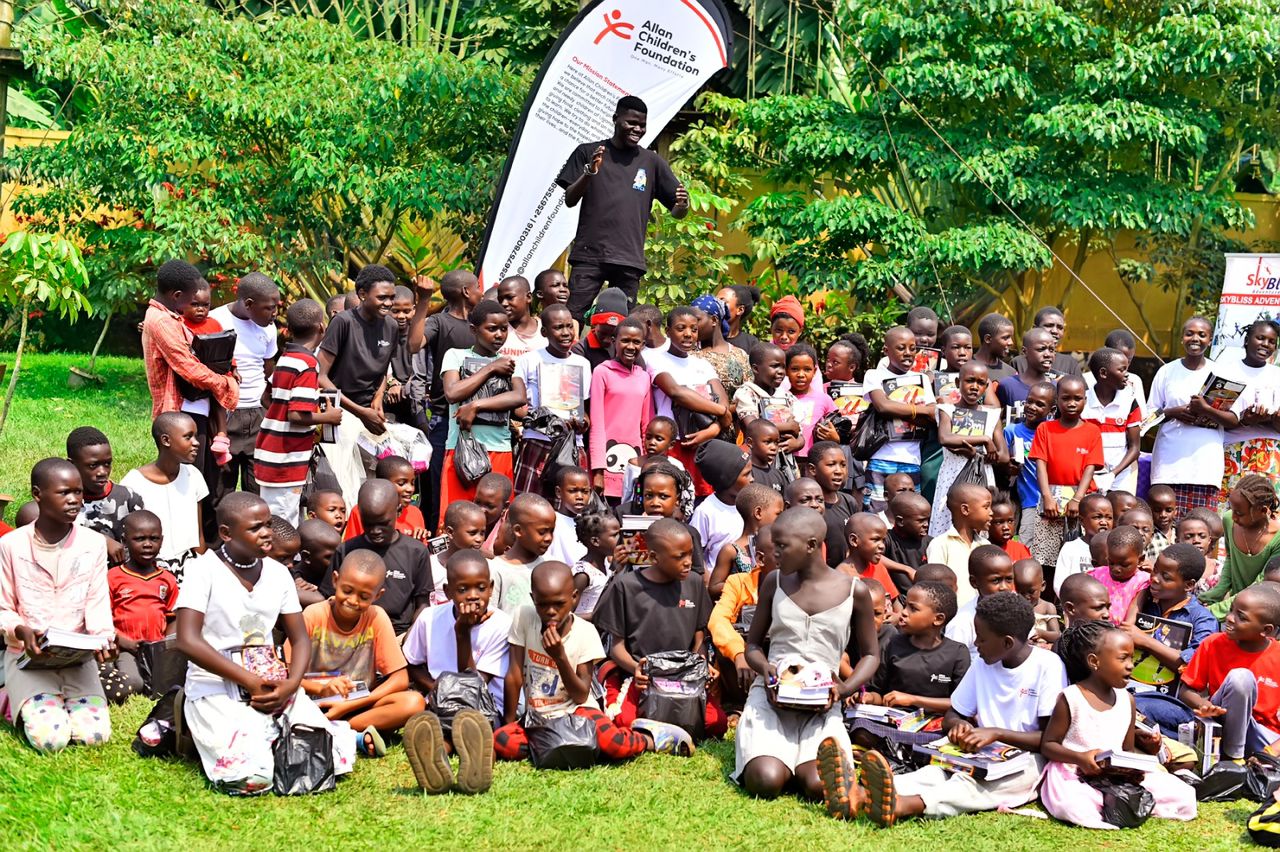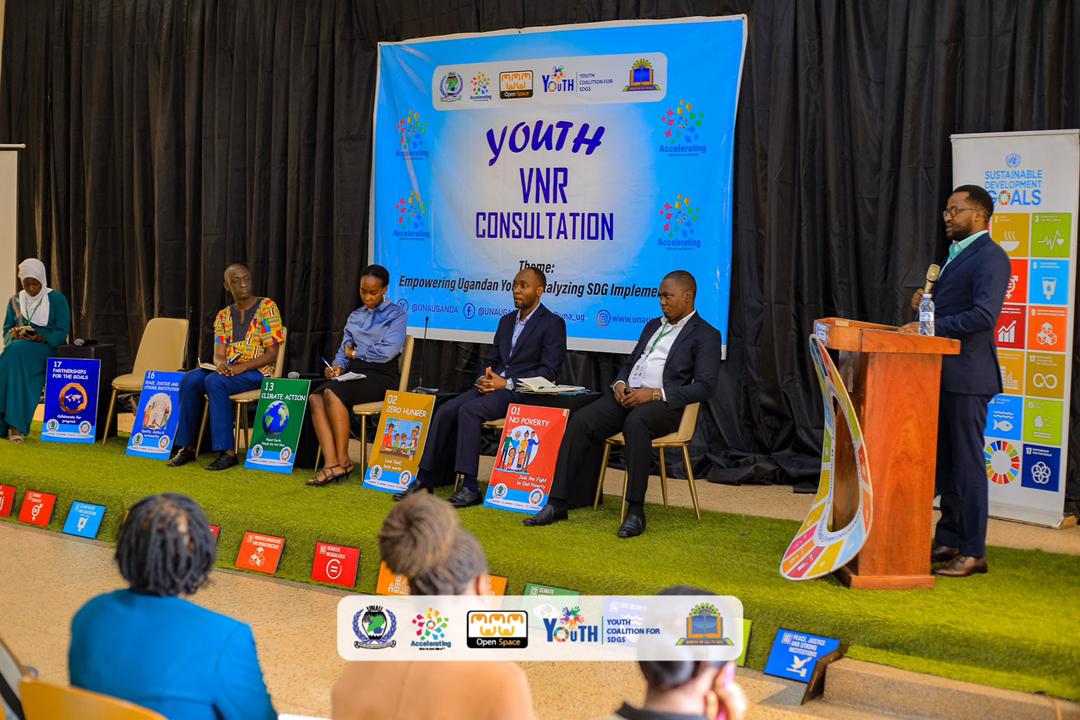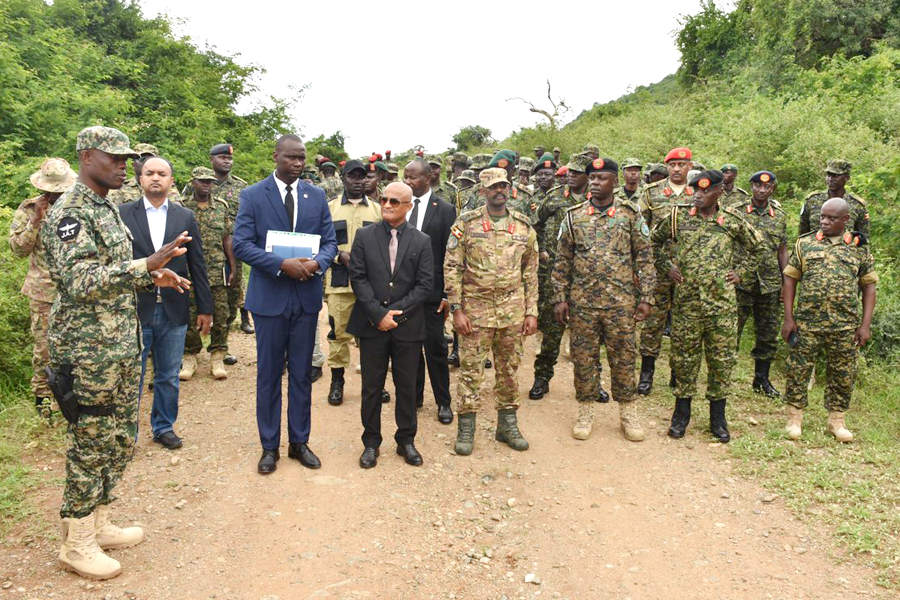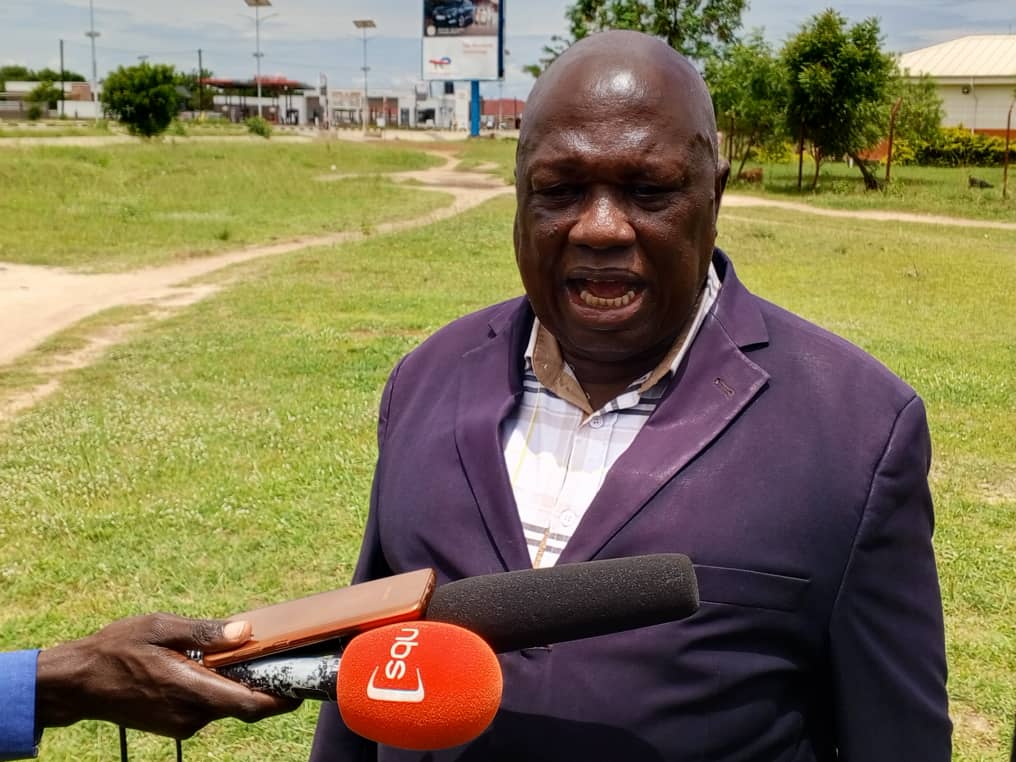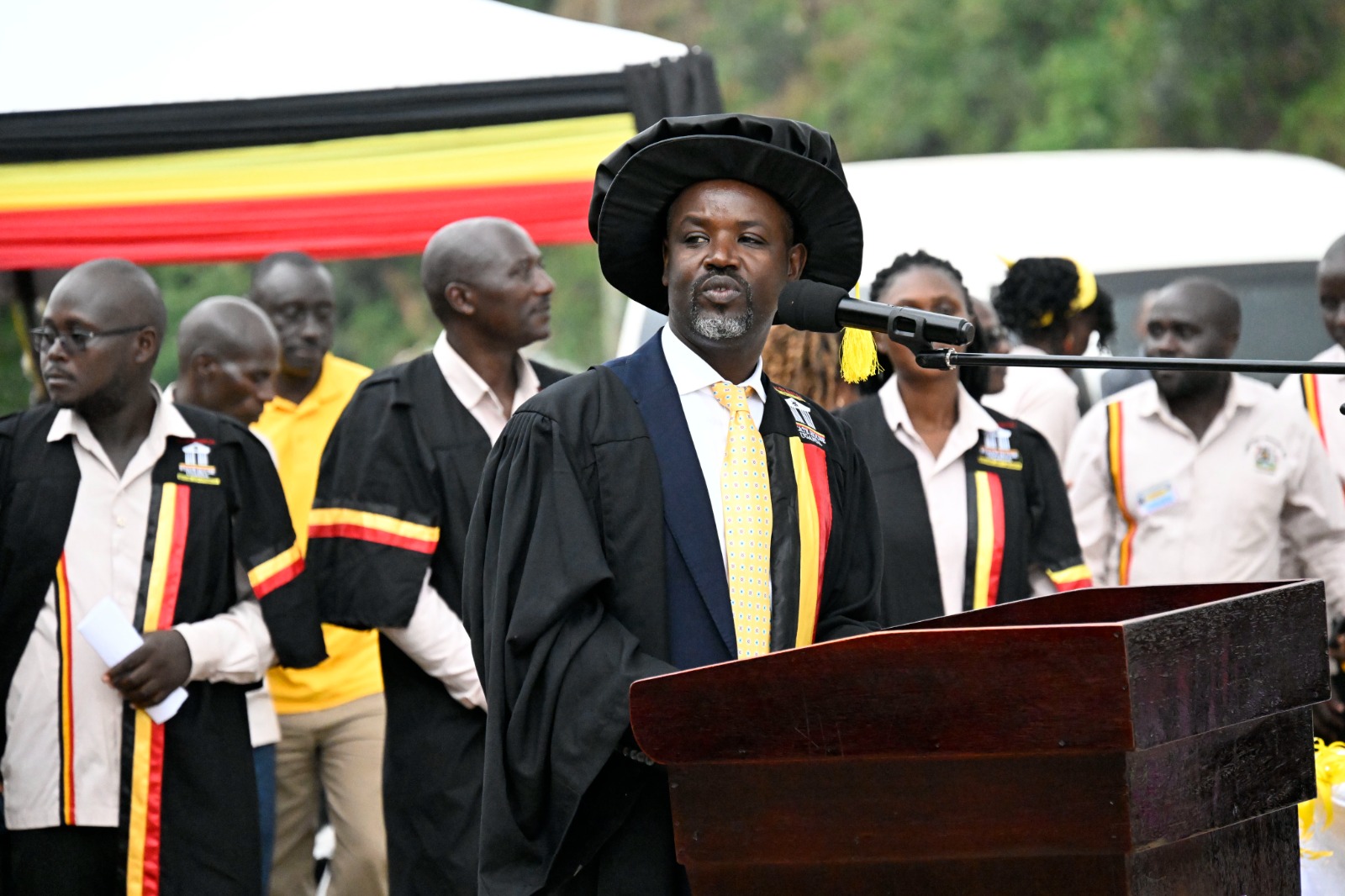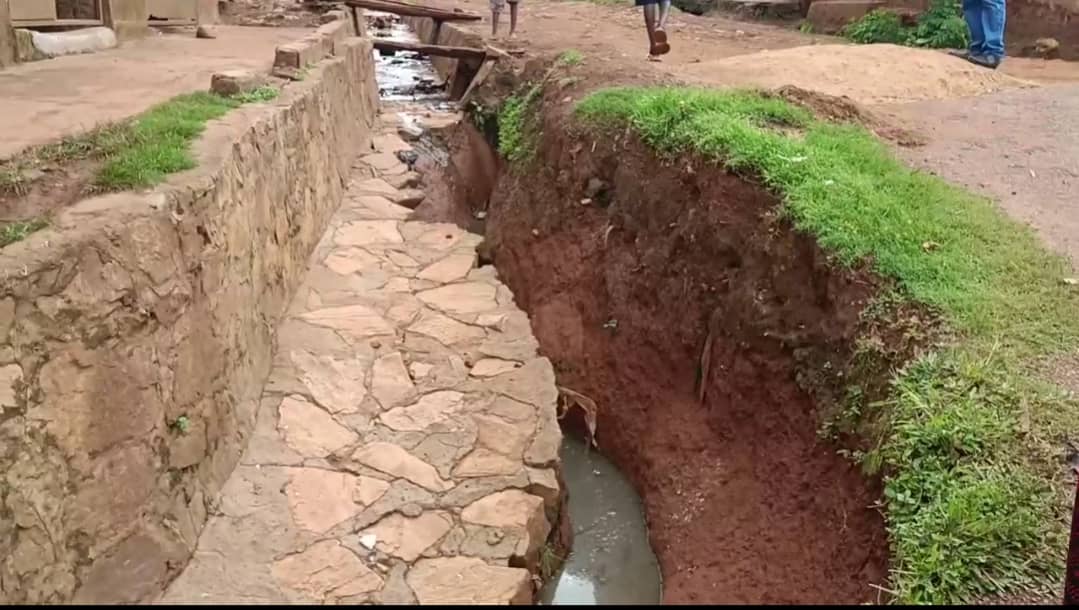Opinion: To whom did BoU sell the defunct banks?
KAGENYI LUKKA
If the directives by the Committee on Commissions, Statutory Authorities and State Enterprises(COSASE) are to go by the under probe BoU team should have submitted all corresponding copies of documents to parliament by mid-day yesterday 5th November 2018.
Bank of Uganda officials led by the governor, Professor Emmanuel Tumusiime Mutebile and his under fire deputy Louis Kasekende were kicked out of Cosase for not having sufficient documentation that would enable the committee to proceed with the probe.
The committee will once again quiz the BoU team on Friday this week over irregularities cited in the auditor general’s report on defunct commercial banks 1993-2017.
The report shows that no defunct commercial bank has been successfully dissolved even when some were closed over two decades ago.
Furthermore, the report shows that banks were closed without policies and guidelines of selecting the buyer. No asset movement schedules and unexplainable discounts at which some banks were given away.
The most outstanding one of all the defunct commercial banks is Crane bank limited (CBL) which was owned by city tycoon, Dr Sudhir Ruparelia.
With over 170, 000 depositors and an asset base over Shs 1 trillion, CBL was questionably donated to DFCU bank at only Shs 200 billion. Mind you it had a bad book of over Shs 570 billion.
However, as the probe is yet to make any significant headway, it has emerged that Bank of Uganda could have sold three banks to a ghost company at a 93% discount.
The three defunct commercial banks whose assets and liabilities were snapped up at a 93% discount are; International Credit Bank Ltd (1998), Greenland Bank (1999) and the Co-operative Bank (1999).
The company under spotlight is a defunct offshore Nile River Acquisition Company (NRAC) reportedly formerly incorporated in Mauritius in September 2007 as a global business.
Mauritius is one of the world’s leading tax havens especially for South East Asian Companies.
A tax haven is a country or a place where there is less effectiveness in taxation of foreigners. The system makes it easy to avoid and evade taxes. There are also high levels of secrecy.
It should be emphasised that it is with in this same year 2007 that the residual assets of the three banks were sold to NRAC eight years after the banks were closed.
The total loan portfolio for three banks sold to NRAC stood at Shs135b, including secured loans of Shs34.5b which had valid, legal or equitable mortgage on the real property.
This prompted the Auditor general, Mr John Muwanga to questioned this transaction as to why loans which were supported with legal documentation were sold to NRAC at 93 per cent discount.
Missing records?
It has emerged that there are no records to support the fact the company has ever operated in Uganda.
One of the reasons why Bank of Uganda officials who appeared before parliament last week were extruded out of the committee was that they failed to provide the details of the directors of this Company.
The daily monitor of 5th November 2018 reported that several government bodies that are supposed to be having records about Nile River Acquisition Company can’t trace any.
The Financial Intelligence Authority (FIA) which is supposed to monitor inflows of cash can’t identify the Company.
The same is for the tax body, the Uganda Revenue Authority, URA which doesn’t have tax records of NRAC and the Uganda Registration Services Bureau (URSB) that is mandated to register businesses including foreign ones that operate locally.
These findings have further raised questions of if due diligence was done by Bank of Uganda, and if so, by who?
Ultimately, someone in Bank of Uganda has to account.
If the file of Nile River Acquisition Company can’t be found at BoU, URA, URSB and FIA, was this a ghost company?
The author is a political/social commentator.
Lukka.Kagenyi@gmail.com


